Introduction
Confidentiality is a cornerstone of dental practice, where patients entrust sensitive information and undergo personal procedures. Smart glass, also known as privacy glass, presents a modern solution to enhance confidentiality in dental offices. In this blog, we’ll explore what privacy glass is, how it works, its role in adding confidentiality to dental offices and other benefits it offers.
What is Privacy Glass?
Privacy glass, also referred to as smart glass or switchable glass, is an innovative material that can change its transparency properties on demand. By applying an electrical current, privacy glass can transition from transparent to opaque, providing instant privacy as required. This technology offers a versatile solution for maintaining confidentiality in various settings, including dental offices.
How Privacy Glass Works
Privacy glass operates through the manipulation of particles within the glass, altering its transparency properties. When an electrical current is applied, these particles realign to change the glass from transparent to opaque or translucent. This transformation allows privacy glass to provide instant privacy control, ensuring confidentiality during sensitive procedures or consultations.
How Privacy Glass Adds Confidentiality in Dental Offices
In dental offices, privacy glass plays a crucial role in safeguarding patient confidentiality in several ways:
- Private Consultation Areas: Privacy glass partitions can create discrete consultation areas within the dental office, allowing dentists to discuss treatment plans, diagnoses, and other sensitive information with patients without the risk of being overheard or seen by others.
- Procedure Rooms: Privacy glass windows or partitions in procedure rooms offer patients discretion during dental treatments, such as cleanings, fillings, or extractions. Patients can feel more comfortable knowing that their procedures are conducted in a private environment.
- Treatment Planning Areas: Privacy glass can be integrated into treatment planning areas where dentists review patient records, x-rays, and other diagnostic images. This ensures that patient information remains confidential during treatment discussions and planning sessions.
- Waiting Areas: Privacy glass partitions in waiting areas provide patients with privacy while waiting for their appointments. Patients can relax without concerns about their conversations being overheard by others in the waiting room.
Other Benefits Privacy Glass Provides
Aside from enhancing confidentiality, privacy glass offers several other benefits for dental offices:
- Modern Aesthetic: Privacy glass adds a modern and sophisticated touch to dental office interiors, enhancing their overall aesthetic appeal and professionalism.
- Natural Light: Privacy glass allows natural light to penetrate the dental office, creating a bright and welcoming environment for patients and staff.
- Flexibility: Privacy glass can be controlled manually or through automated systems, providing flexibility in adjusting transparency levels based on specific needs and preferences.
- Easy Maintenance: Privacy glass surfaces are smooth and easy to clean, requiring minimal maintenance to uphold hygiene standards in dental environments.
Conclusion
Privacy glass technology offers a contemporary solution for enhancing confidentiality in dental offices, providing discrete consultation areas and private treatment spaces for patients. By incorporating privacy glass into dental office design, dentists can uphold patient confidentiality while delivering quality care in a professional and comfortable environment.
Who We Are
Tecdur is the leading manufacturer of smart glass for the UK and Ireland. Tecdur Switchable Glass provides the best clarity, lowest power consumption and lowest haze currently available. We can offer a wide range of specifications to meet project requirements with our switchable glass, cost is dependent on specification, application and design. Please get in contact with us to discuss further.
Please visit our portfolio for a look at completed projects. Keep up to date on our LinkedIn Showcase page
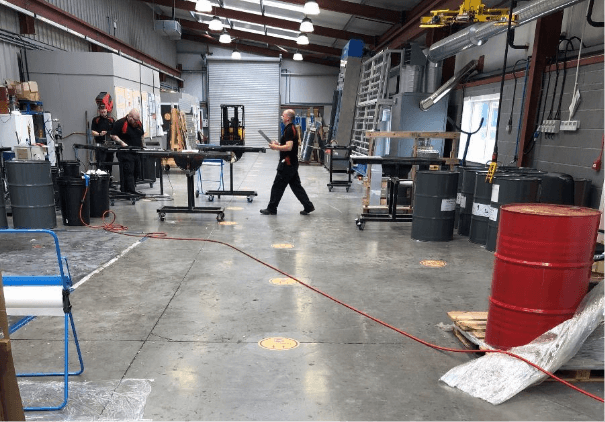
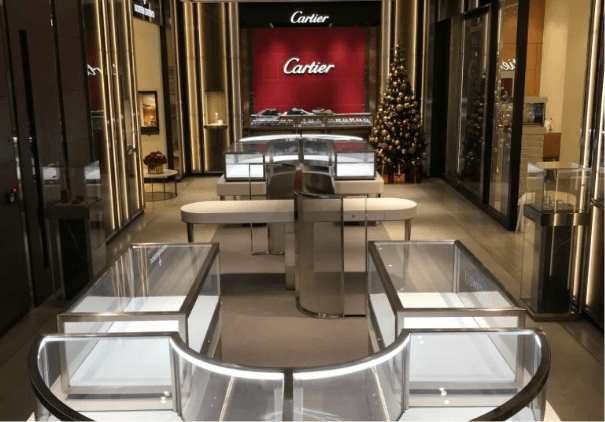
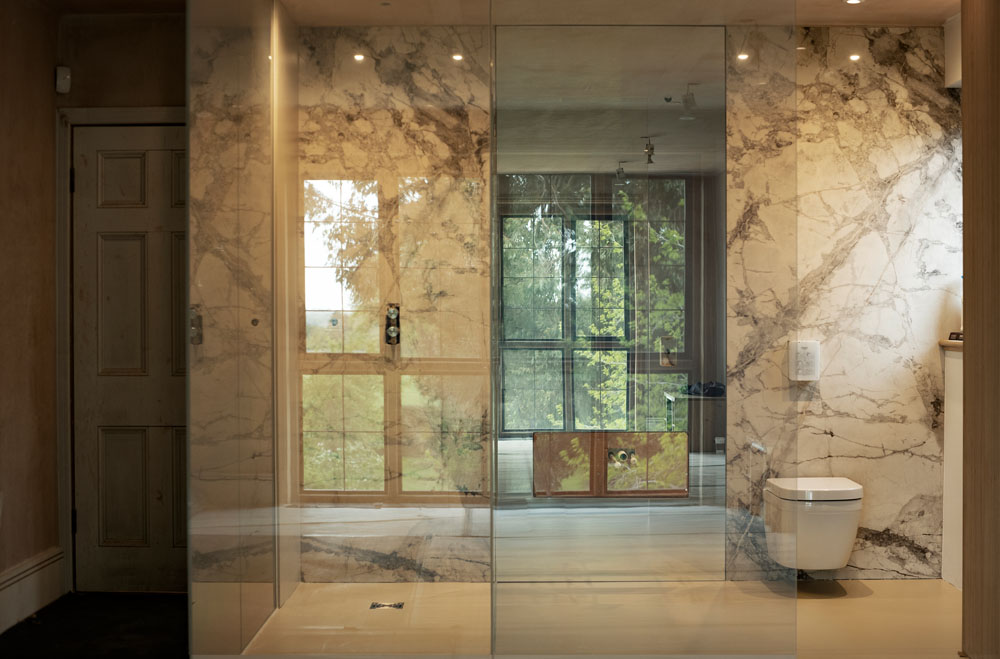
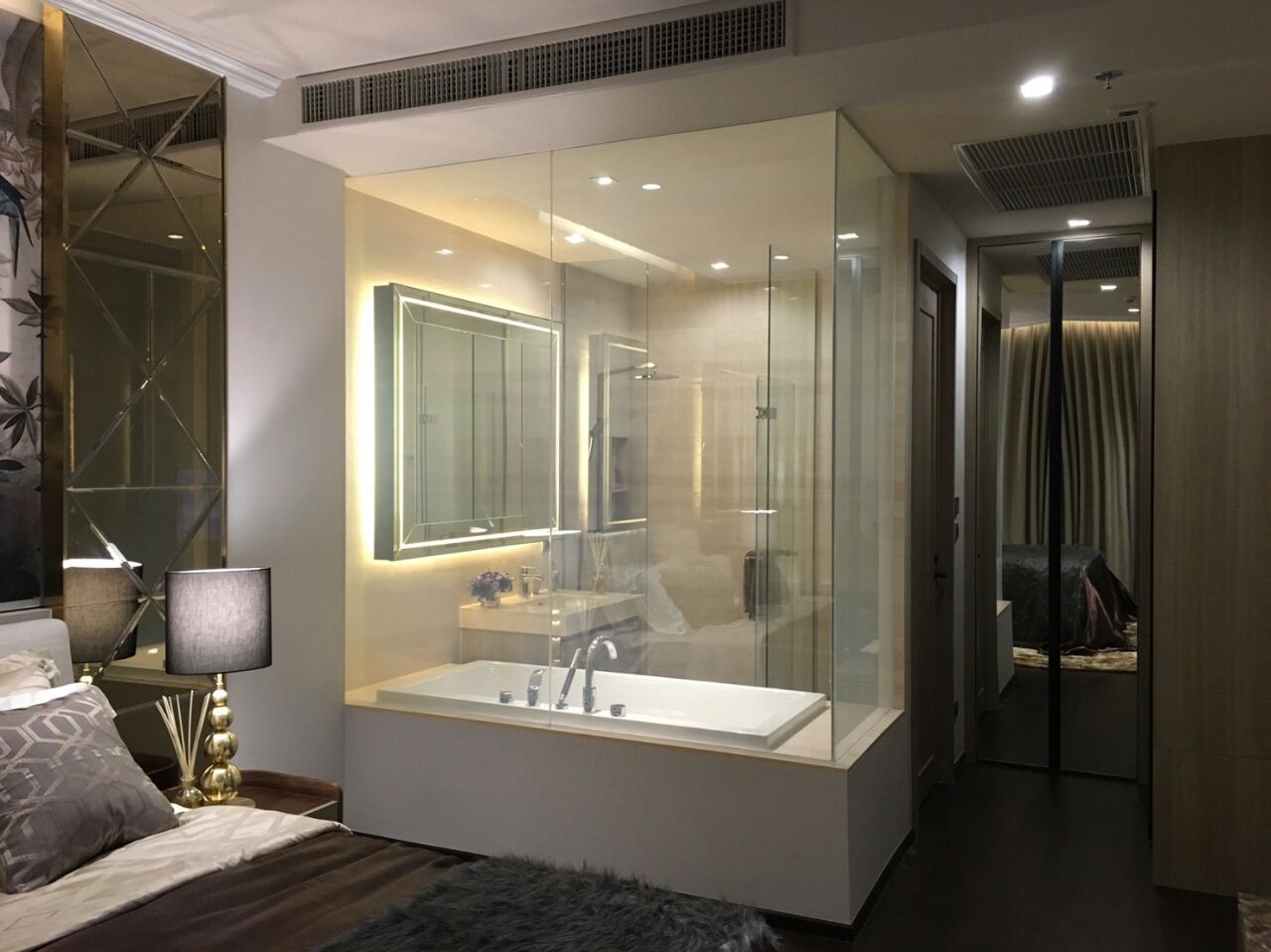
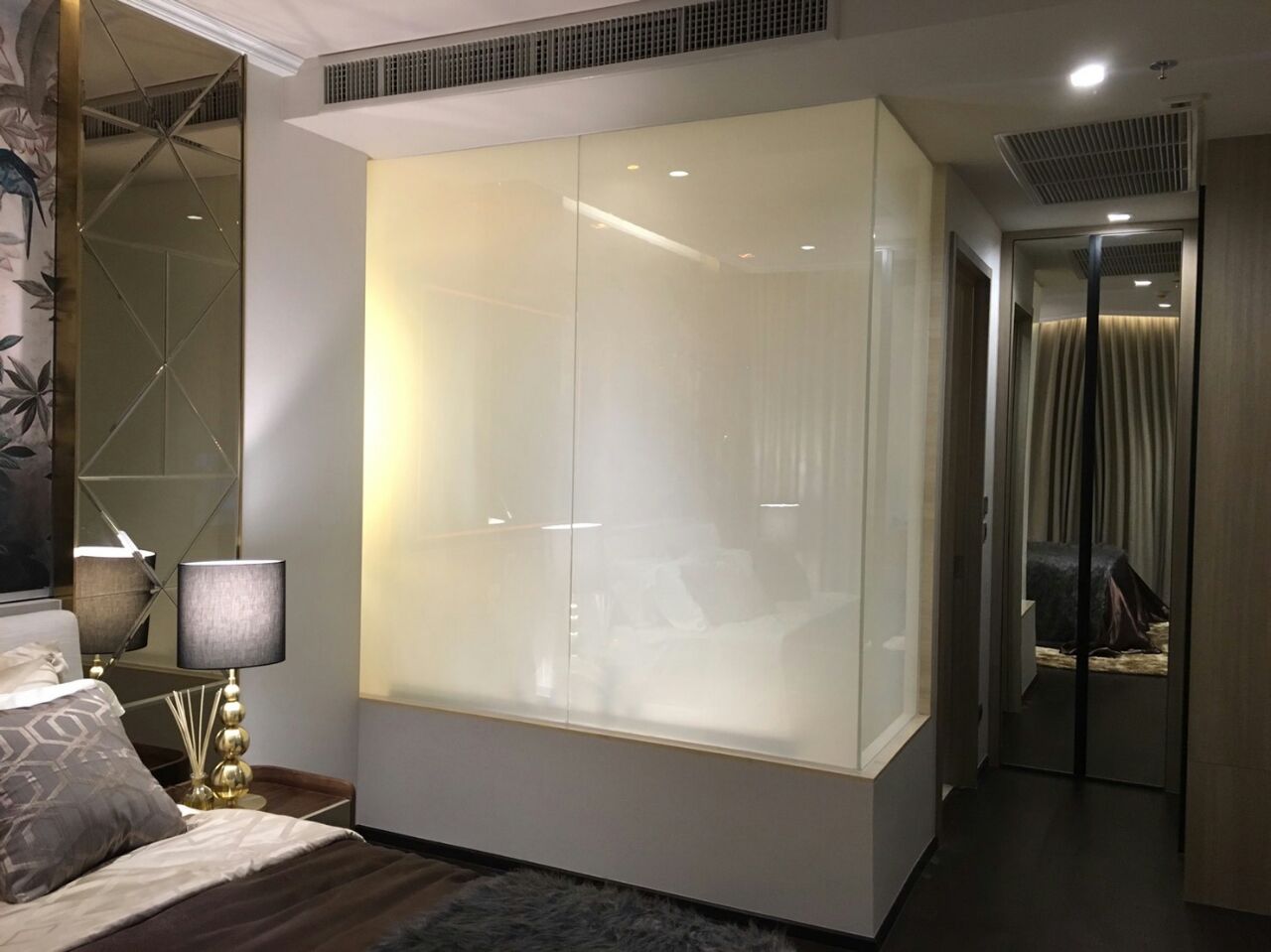
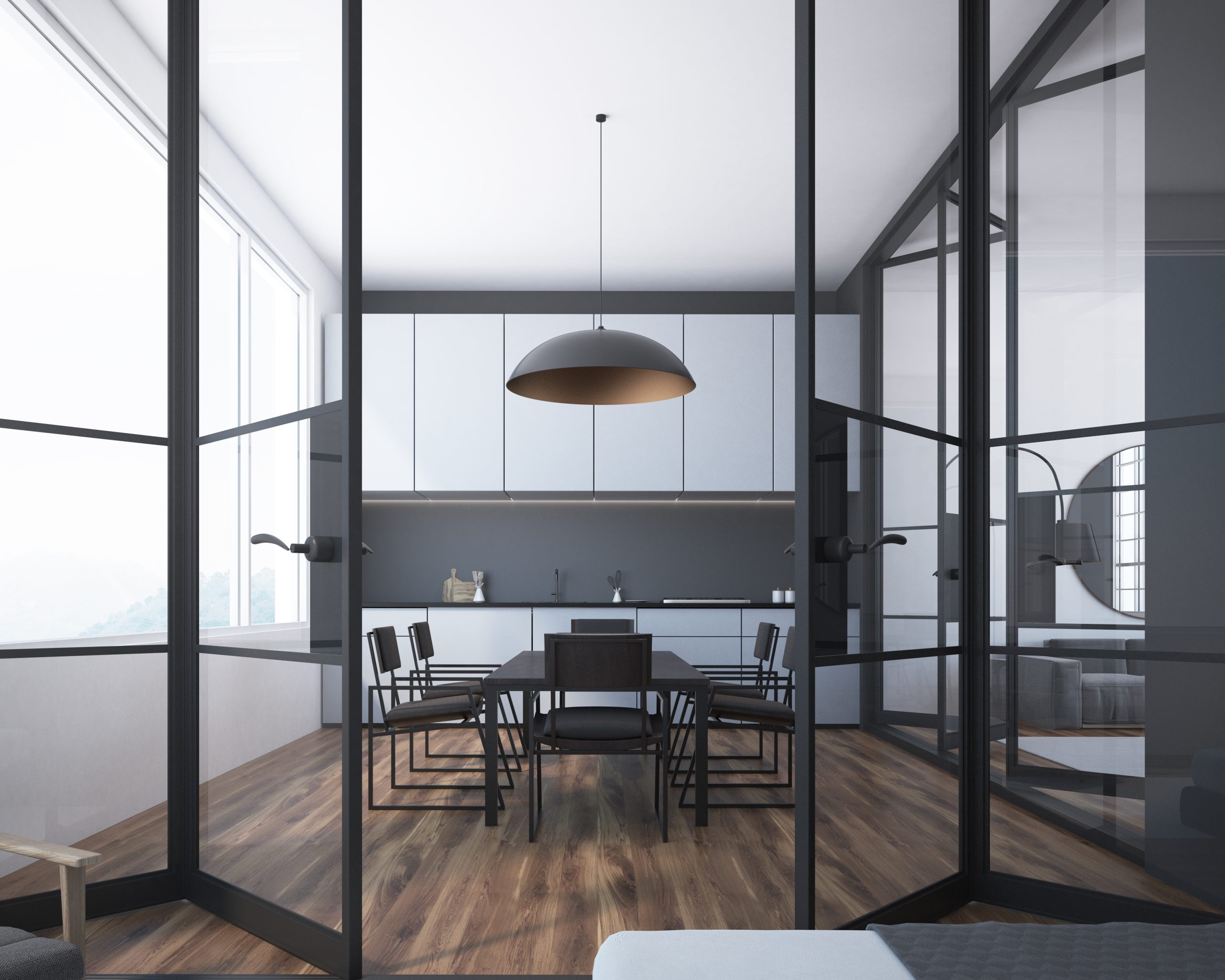
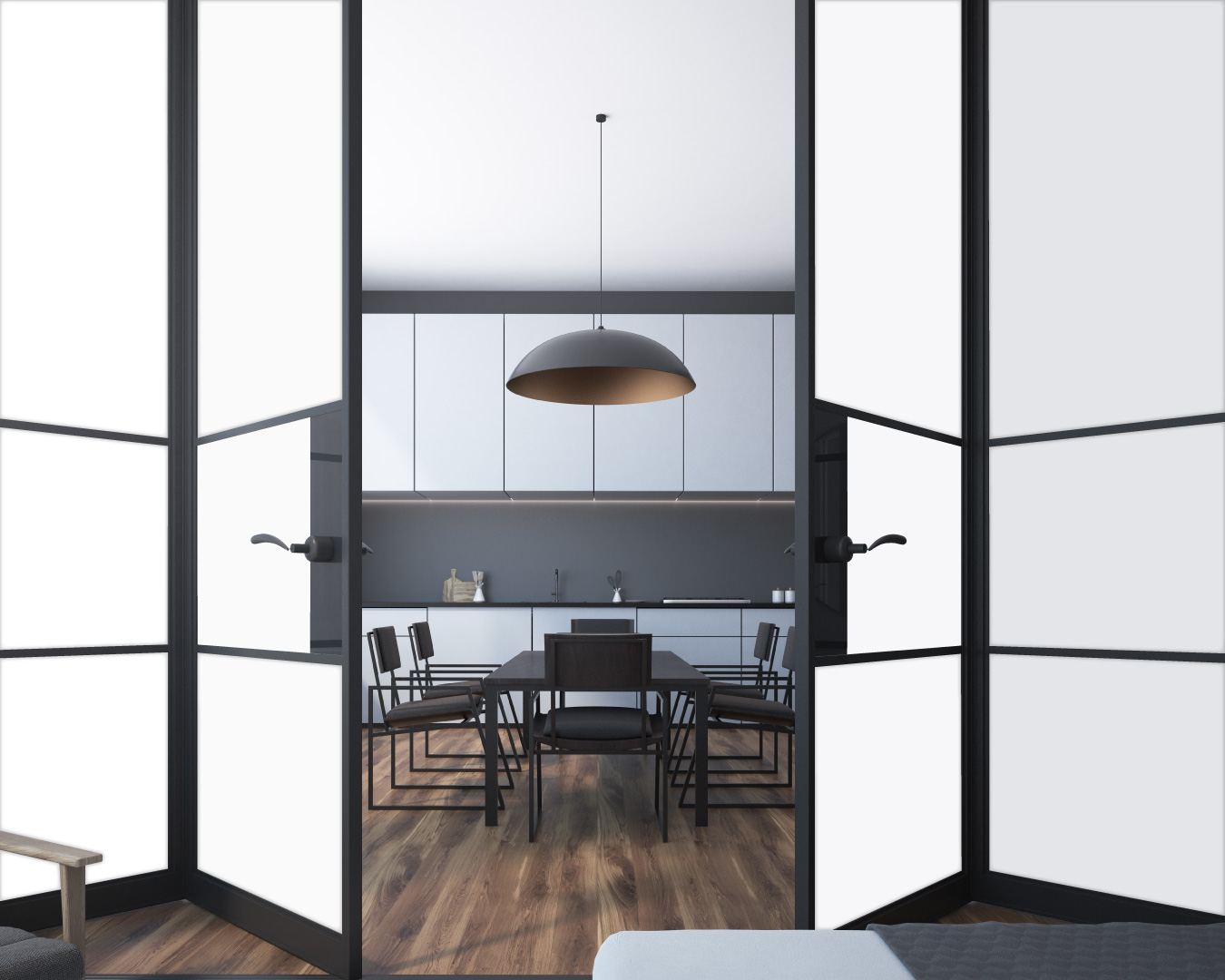
Frequently asked Questions
Our privacy glass works by utilising advanced PDLC (Polymer Dispersed Liquid Crystal) film. When an electrical current is applied, the liquid crystal molecules align, allowing light to pass through, making the glass transparent. When the current is switched off, the molecules mis-align, causing the glass to turn opaque or translucent, providing privacy.
Yes, privacy glass is designed to be durable and resistant to scratches and impacts, making it suitable for use in high-traffic dental environments.
Yes, privacy glass can often be retrofitted into existing windows or partitions, providing a convenient upgrade to enhance patient confidentiality.
Yes, privacy glass can be used in various areas of dental offices, including consultation rooms, procedure rooms, and treatment planning areas, to ensure confidentiality during different procedures.
Yes, privacy glass can be seamlessly integrated with existing dental office layouts and infrastructure, providing a discreet privacy solution without extensive modifications.
While privacy glass may require occasional cleaning and maintenance, it typically does not have any specialized maintenance requirements beyond regular glass cleaning practices.




